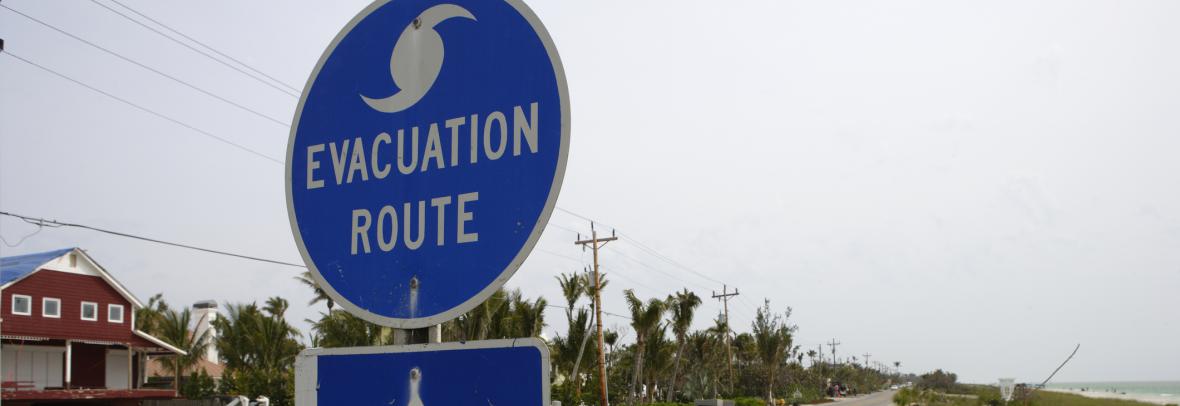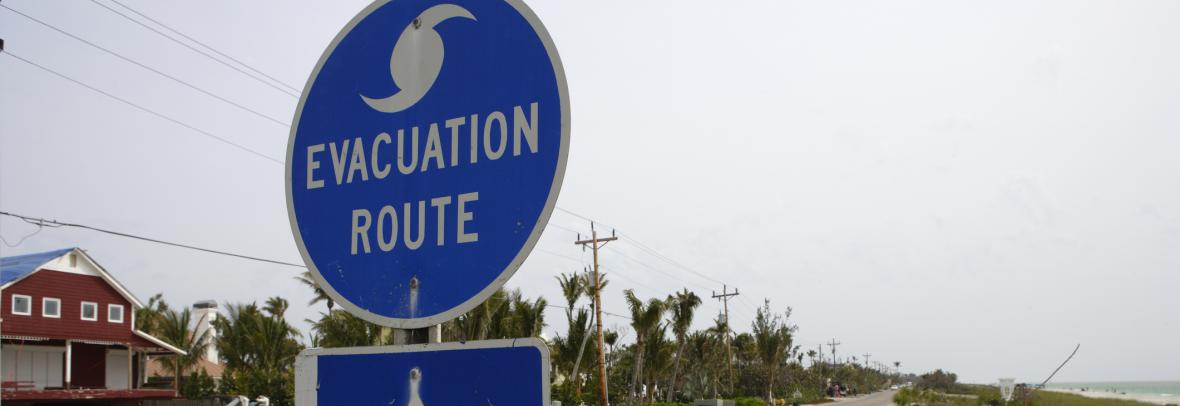
The 2024 Atlantic Hurricane Season begins June 1, and state officials want residents to be prepared. Forecasters predict a busy season.
TALLAHASSEE, Fla. – State officials are urging Floridians to prepare for hurricane season, which starts June 1, and use the next weeks to restock disaster supply kits, update disaster plans and stay informed about various weather hazards.
Gov. Ron DeSantis proclaimed the first week of May as Florida Hurricane Preparedness Week in conjunction with the National Weather Service Hurricane Preparedness Week, saying now is the perfect time to coordinate with family members and customize a household plan.
“It only takes one storm to impact an entire community, so I encourage all residents to know their risks, make an evacuation plan and have all essential supplies needed to stay safe before June 1,” DeSantis said.
On average, there are 14 named tropical storms each year in the Atlantic basin, seven of which strengthen into hurricanes with three becoming Category 3 or higher. Forecasters have said this will be a busy hurricane season. Colorado State University researchers project 23 named storms and 11 hurricanes, with five reaching major hurricanes status.
Florida’s Division of Emergency Management reminded residents to not focus on the projected number of storms since it only takes one storm to produce long-lasting impacts.
“There is no better time to prepare like the present, so take this hurricane preparedness week as your call to action and finalize your preparations for the season ahead,” said Division Executive Director Kevin Guthrie. “After the devastating impacts from the past two hurricane seasons, I implore all residents to prepare for not only hurricanes, but the various hazards that come with them such as tornadoes, storm surge, damaging winds, rip currents and flooding.”
The 2024 Atlantic Hurricane Season begins June 1 and runs through November 30, with the historical peak beginning in September.
Low cost/no cost preparedness tips:
- Make a plan – Every household should have a disaster plan specific to the needs of everyone in their household, including consideration of children, pets and seniors. Visit
- Build a kit – Take the time now to identify items households may need on hand during or after a hurricane. Essentials of a kit should include enough non-perishable food and water to last each member of the family for at least seven days, extra medication and important personal documents.
- Have multiple ways to receive weather alerts – Every household should have multiple ways to receive weather alerts and follow all directions from local officials. Residents are encouraged to have a battery-operated or hand-crank weather radio to ensure they can continue to receive alerts from the National Weather Service in the event of power outages or damaged cell towers.
- Know your zone, know your home – It’s important for residents to know if they live in an evacuation zone, a low-lying, flood-prone area, a mobile home or an unsafe structure during hurricane season. It is also very important for residents to know their home and its ability to withstand strong winds and heavy rain. This information will help residents better understand orders from local officials during a storm.
- Keep gas tanks half full – Residents should keep their vehicle’s gas tanks at least half full during hurricane season to ensure they have enough fuel to evacuate as soon as possible without worrying about long lines at gas stations and to avoid gas shortages prior to a storm. For Floridians with electric vehicles, it’s recommended that the battery be maintained between 50% – 80% capacity at all times, depending on the type of vehicle and what the vehicle’s manual recommends.
For weather updates and safety tips, follow the Division on Instagram, Facebook and X. Visit FloridaDisaster.org/Guide to download the full 2024 Florida Hurricane Guide, which includes ways to keep individuals, families and pets prepared and informed for the season ahead.
© 2024 Florida Realtors®
Go to Source
Author: amyc



